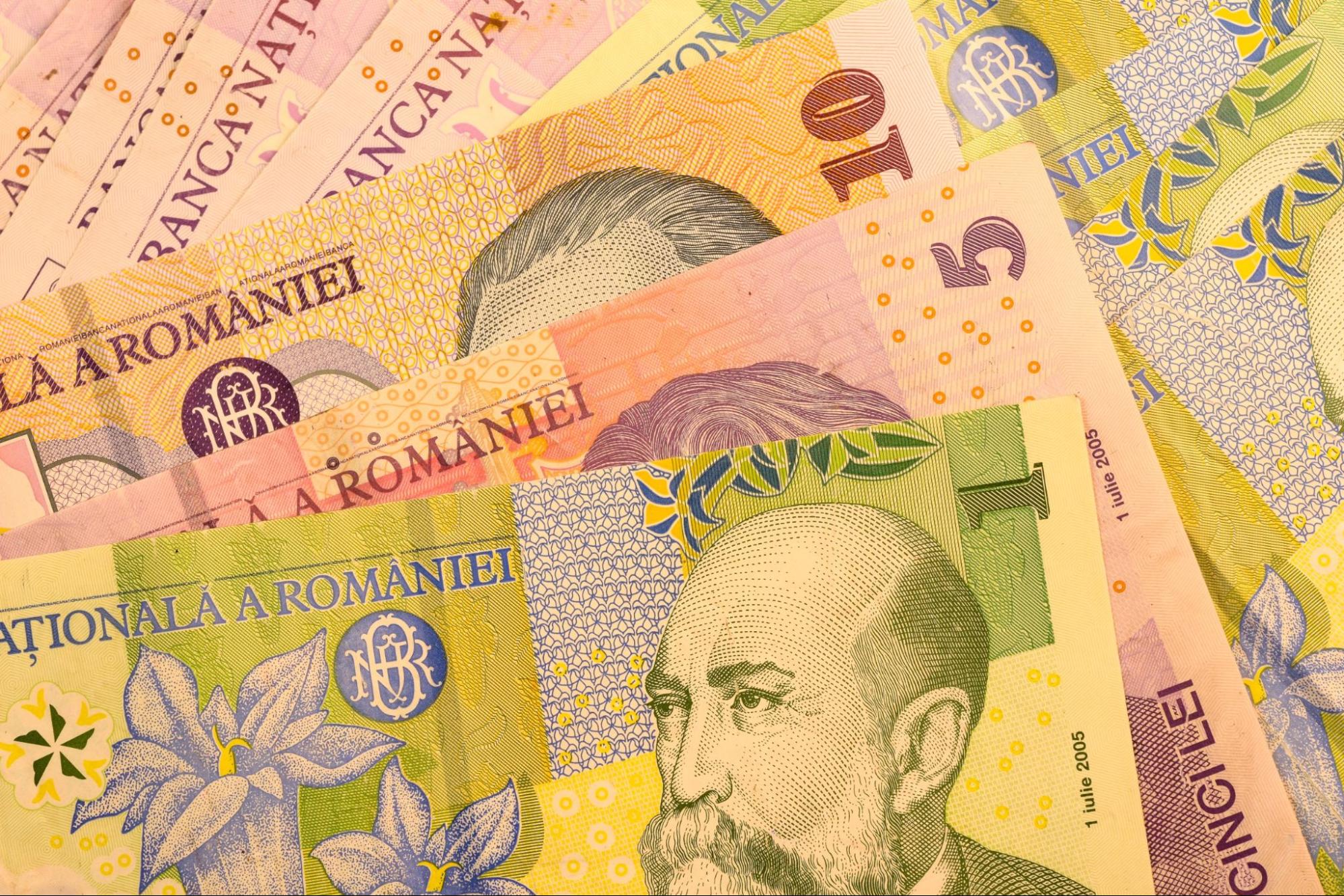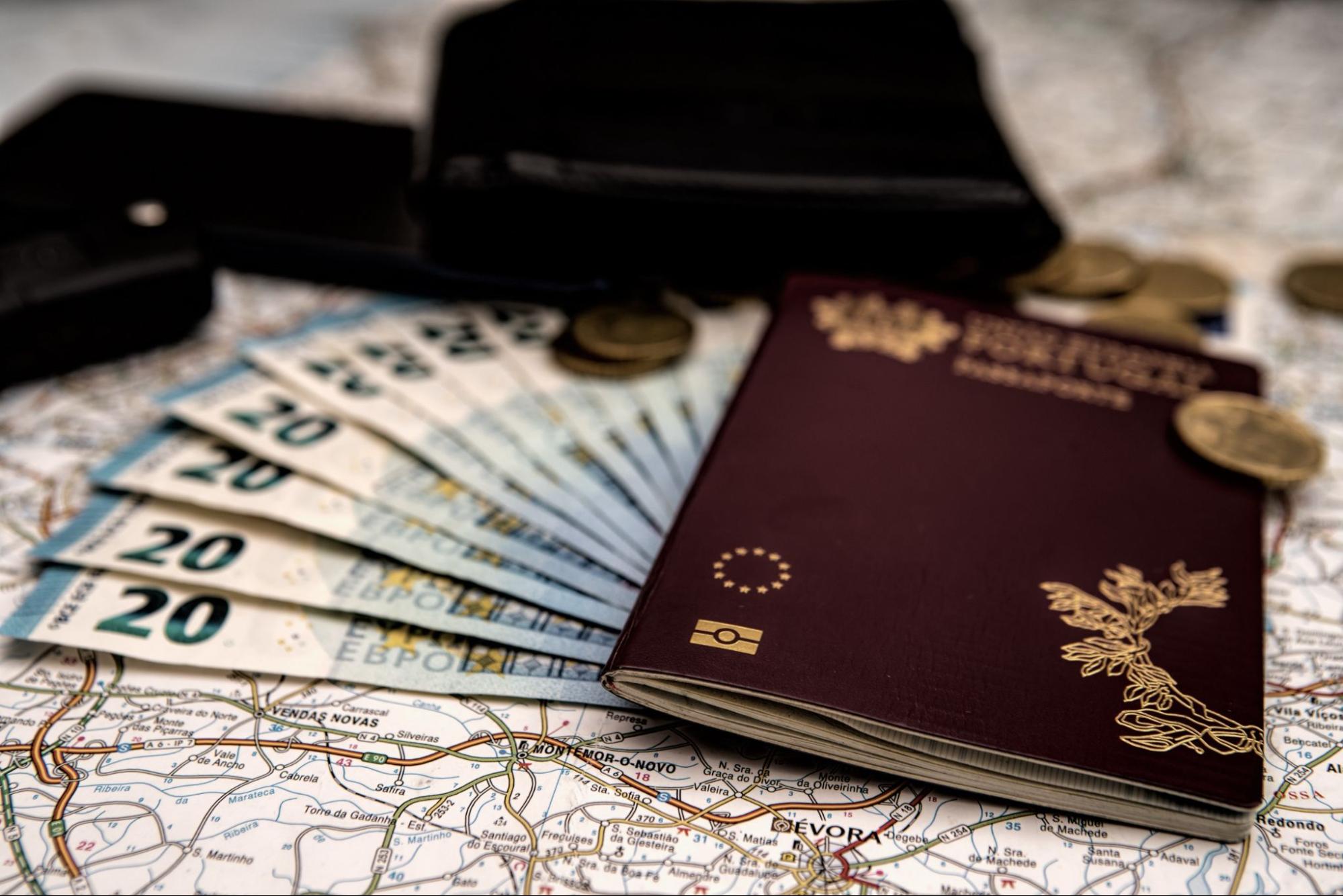Investing in Romania as a Foreigner Tourist
Romania has recently made significant changes to its foreign direct investment (FDI) regulations, with new legislation implemented in 2022.
This guide provides an overview of the updated FDI regulations in Romania and highlights the opportunities for foreign investors and tourists interested in exploring this Eastern European nation. When planning a trip to Romania, it's essential to be aware that obtaining a Romanian visa will be necessary for your journey.

Recent Legislative Changes
In April 2022, Romania enacted new legislation aimed at implementing European Regulation 2019/452 regarding the screening of foreign direct investments into the European Union.
This legislation, represented by Government Emergency Ordinance no. 46/2022 (GEO 46/2022), introduces several important concepts and regulations related to foreign investment in Romania.
Understanding Foreign Direct Investment (FDI) in Romania

Definition of FDI
Foreign direct investment is defined in GEO 46/2022 as an investment that meets the following criteria:
- Performed by a foreign investor.
- Intended to establish or maintain long-lasting and direct links between the foreign investor and a target company in Romania.
- Allows the foreign investor to exert control over the management of the target company.
Scope of FDI
The scope of FDI includes both direct and indirect changes of control in the ownership of the foreign investor.
Even changes in control occurring outside Romania, such as a change in the parent company of the foreign investor, fall under FDI review if the new parent company qualifies as a foreign investor.
Types of New Investments
GEO 46/2022 defines "new investments" as initial investments in tangible and intangible assets located within the same perimeter, related to:
- Launching a new undertaking.
- Expanding the capacity of an existing undertaking.
- Diversifying production of an enterprise through products not previously manufactured.
- Making a fundamental change in the general production process of an existing undertaking.
Foreign Direct Investment Review Process

Establishment of CEISD
To examine and approve FDIs, Romania has established the Commission for Examination of Foreign Direct Investments (CEISD), which replaces the previous process involving the Competition Council.
Filing Obligations
The principle is that foreign investors are responsible for filing FDI applications in Romania. In the case of mergers or other transactions, the merging parties or acquiring parties must file the application.
Definition of Foreign Investor
A foreign investor is defined as:
- A natural person who is not a citizen of an EU Member State.
- A legal entity without its registered office in an EU Member State.
- A legal entity with its registered office in an EU Member State but controlled directly or indirectly by a non-EU citizen or non-EU registered entity.
- A trustee of an entity without legal personality or a person in a similar position, not being an EU citizen or established in an EU Member State.
Please note that there is a draft law intended to expand the definition of foreign investors to include EU investors.
Types of Deals Subject to Review

Mandatory Filing
FDI filing is mandatory for investments that:
- Concern fields of activity relevant to national security in conjunction with specific criteria.
- Have a value exceeding €2 million, calculated at the exchange rate of the National Bank of Romania (NBR) applicable to the last day of the financial year prior to the transaction.
Fields Relevant to National Security
Fields relevant to national security include:
- Security of individuals and communities.
- Security of frontiers.
- Energy security.
- Transportation security.
- Vital supply systems security.
- Critical infrastructure security.
- IT&C systems security.
- Security of financial, fiscal, banking, and insurance activities.
- Security of weapons, ammunition, explosives, and toxic substances production and circulation.
- Industrial security.
- Protection against disasters.
- Protection of agriculture and the environment.
- Protection of state-owned company privatization or its management.
Portfolio Investments
Portfolio investments are exempt from examination and approval.
Review Process Timeline
As per GEO 46/2022, the FDI review process follows these timelines:
- A maximum of 135 days for the notifying party to be informed of the approval by the Romanian Competition Council.
- Additional time may be added if CEISD requests the opinion of other authorities.
- There is no maximum legal time limit for the Romanian government to issue a decision in cases sent by CEISD with recommendations for prohibition or conditional approval.
Protecting Foreign Investors
Foreign investors can protect themselves by:
- Ensuring that transactions in Romania align with FDI criteria set out in GEO 46/2022.
- Obtaining other necessary regulatory clearances, such as merger clearance by the Romanian Competition Council.
- In cases falling under CEISD review, obtaining CEISD clearance as a condition precedent to transaction closure.
Introduction to the Romanian Residency by Investment Program
Romania offers an enticing pathway for investors to call it home through its Residency by Investment Program. This program has been gaining prominence and provides numerous benefits for global entrepreneurs and investors.

Why Invest in Romania?
Romania is not only known for its natural beauty but also for its rapid economic growth and untapped potential. With a skilled workforce and a strategic location bridging East and West, Romania offers a competitive edge in various sectors, including technology and manufacturing.
Advantages of the Romanian Residency by Investment Program
- Gateway to Europe, with the potential for future Schengen Zone membership.
- Access to Romania's accelerating economic growth.
- Diverse investment avenues tailored for investor comfort.
- Participation in Romania's burgeoning tech industry.
- Benefit from a young, skilled, and multilingual workforce.
- Experience a rich cultural heritage.
- Strategic location for businesses targeting a pan-European audience.
- Transparent application procedures.
- Top-tier healthcare, education, and infrastructure.
Paths to Romanian Residency
To obtain residency in Romania, there are two primary avenues:
- Residency for Company Directors.
- Residency for Company Shareholders.
Residency for Company Directors
- Duration: One year, with an upfront investment of €50,000.
- Renewability: Renewable, provided the initial capital remains within the business.
- Regulatory Body: General Inspectorate for Immigration, with a preference for real estate and tech ventures.
Requirements for Company Directors include a guaranteed minimum monthly income of €500 and an initial €50,000 investment in real estate or technological assets of the company.
Residency for Company Shareholders
- Duration & Investment: Valid for one year, with specific investment amounts.
- Renewability: Renewal depends on the continued investment in the Romanian entity.
Requirements for Company Shareholders include an investment of €50,000 (limited liability) or €70,000 (joint-stock), job creation, and proof of sustenance.
Leveraging Hefty Investments in Romania
Investors making substantial commitments in Romania can enjoy extended residency and even a pathway to permanent residence.
- An investment of €500,000 or creating 50 full-time roles results in a three-year residency extension.
- An investment of €1,000,000 or creating at least 100 full-time roles paves the way for permanent residence.
Upon obtaining permanent residence, individuals can pursue Romanian citizenship.
Required Documents for Romanian Residency
Applicants for Romanian residency must provide a comprehensive set of documents, including:

- A valid passport.
- Verification of ownership or stake in a company.
- Documentation of residential status.
- Proof of financial sustenance.
- Health insurance and a health attestation.
- Proof of fee payment for the residency permit.
Romanian Citizenship by Investment
While Romania does not offer direct citizenship-by-investment, investors can gradually attain Romanian citizenship by participating in the residency by investment program.
- Temporary residence for five years.
- Permanent residence for three additional years.
- Romanian citizenship and passport upon completing the eight-year journey.
Language proficiency in Romanian is pivotal for obtaining permanent residence.
Conclusion
Romania presents compelling opportunities for global investors and entrepreneurs. Its Residency by Investment Program offers multiple pathways to residency, and substantial investments can lead to extended stays and even Romanian citizenship.
With a transparent application process and a range of benefits, Romania encourages beneficial economic partnerships and long-term commitments.
Whether you are considering investing, conducting business, or exploring this European hub, understanding and fulfilling the Romanian residency criteria is your ticket to a promising venture.
FAQ
- What is the Romanian Residency by Investment program?
Answer: The Romanian Residency by Investment program is a pathway for foreign nationals to obtain a residence permit in Romania by making a significant contribution or investment in the country's economy. This program can ultimately lead the investor towards Romanian citizenship.
- How can a foreign national apply for a Romania investment visa?
Answer: Foreign nationals can apply based on their role in a company, either as shareholders or associates engaging in significant economic or commercial activities. These roles should align with the activities they will undertake in Romania for the year.
- What's the minimum investment required for the program?
Answer: The program necessitates different minimum investments depending on your role. As a company director, €50,000 is the minimum investment, primarily in real estate or technologies. Shareholders in a limited liability company must invest €50,000, whereas for a joint-stock company, it's €70,000.
- Can family members benefit from the Romanian Residency by Investment program?
Answer: Yes, family members of the primary investor can also be included, and they too can journey towards becoming a Romanian citizen after fulfilling the required residency conditions.
- After the residence permit is obtained, what are the next steps towards becoming a Romanian citizen?
Answer: After obtaining the residence permit, one has to stay as a temporary resident for five years, followed by three years as a permanent resident. Subsequently, they can apply for Romanian citizenship.
- Is there a requirement to learn the Romanian language for the residence permit?
Answer: For a permanent residence permit, demonstrating a sufficient knowledge of the Romanian language is essential. It further strengthens the application when progressing towards becoming a Romanian citizen.
- Are there any corporate tax exemptions associated with the Romanian Residency by Investment program?
Answer: The program primarily focuses on residency and citizenship pathways. However, specific business-related benefits, including corporate tax exemption, depend on individual business cases and the region of investment.
- How do the requirements differ for US, Canadian, Japanese, or Swiss citizens?
Answer: These specific foreign nationals have some exemptions from the standard requirements for investment, job creation, and means of subsistence. However, they still need to become shareholders or associates in a Romanian company, ensure their accommodation, and undergo medical checks to have the residence permit obtained.
- Is the residence permit a one-time application?
Answer: No, the initial residence permit lasts for one year, but it can be renewed annually, ensuring the continuation of the minimum investment and other requirements within the company.
To obtain a Romania eVisa
Step1: Complete the online application by providing your passport details.
Step2: Submit payment online using a credit card.
Step3: Monitor your email for confirmation of payment and receipt of your eVisa, which will be sent electronically.
